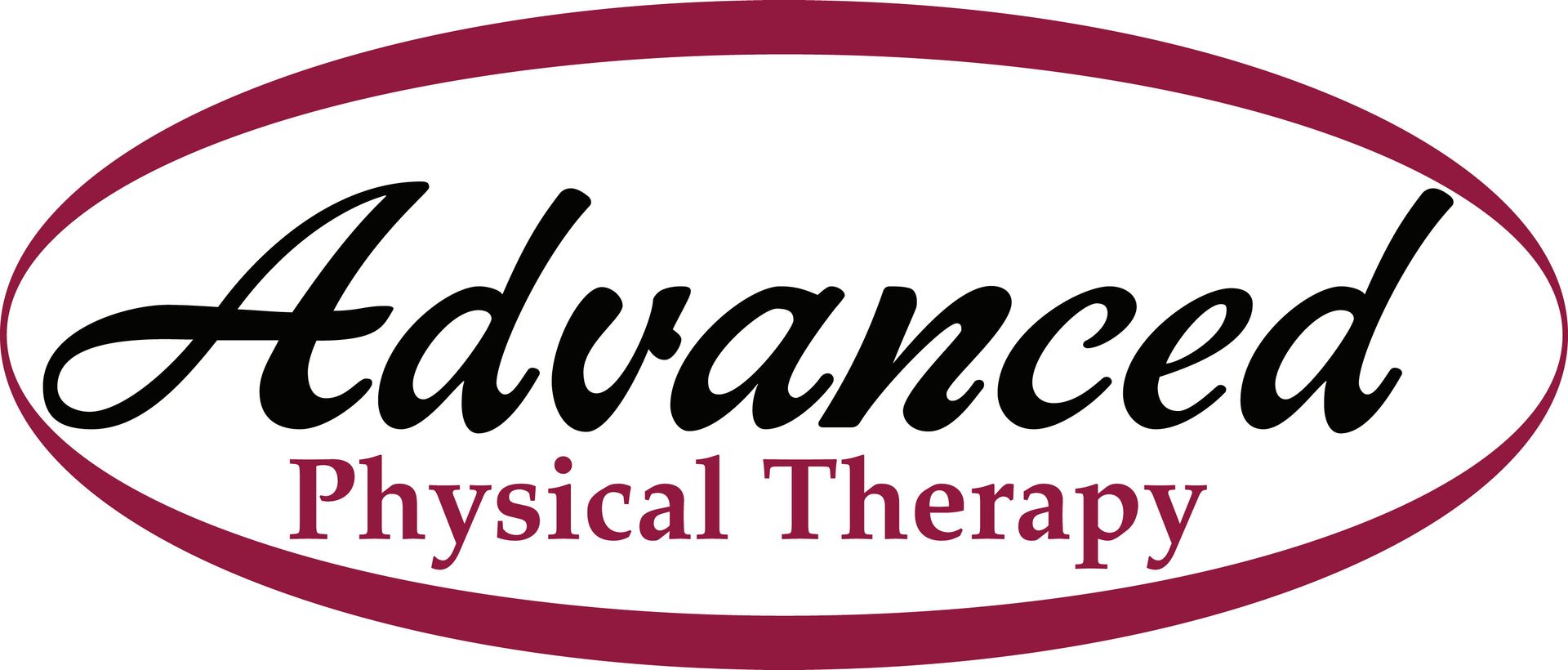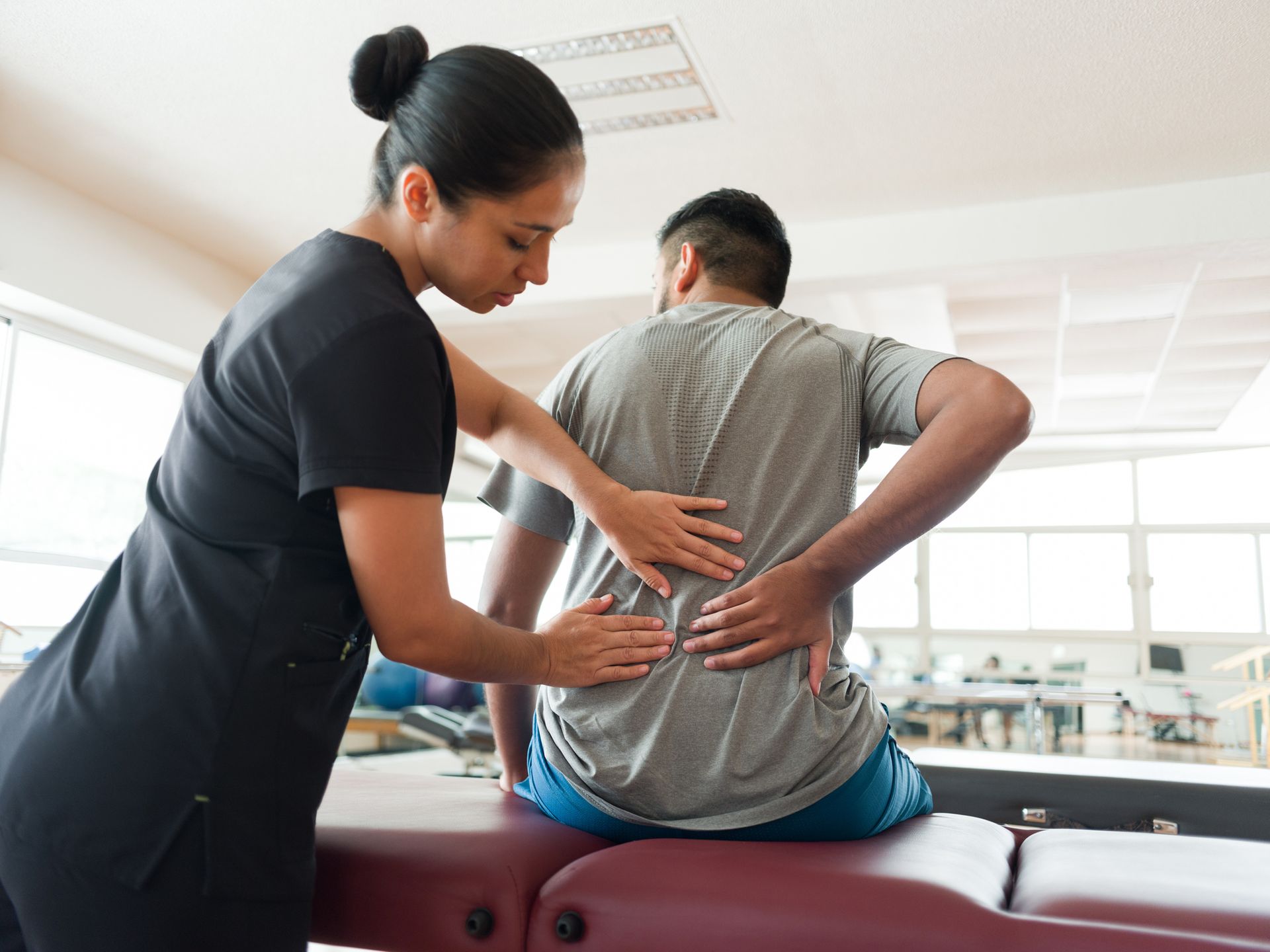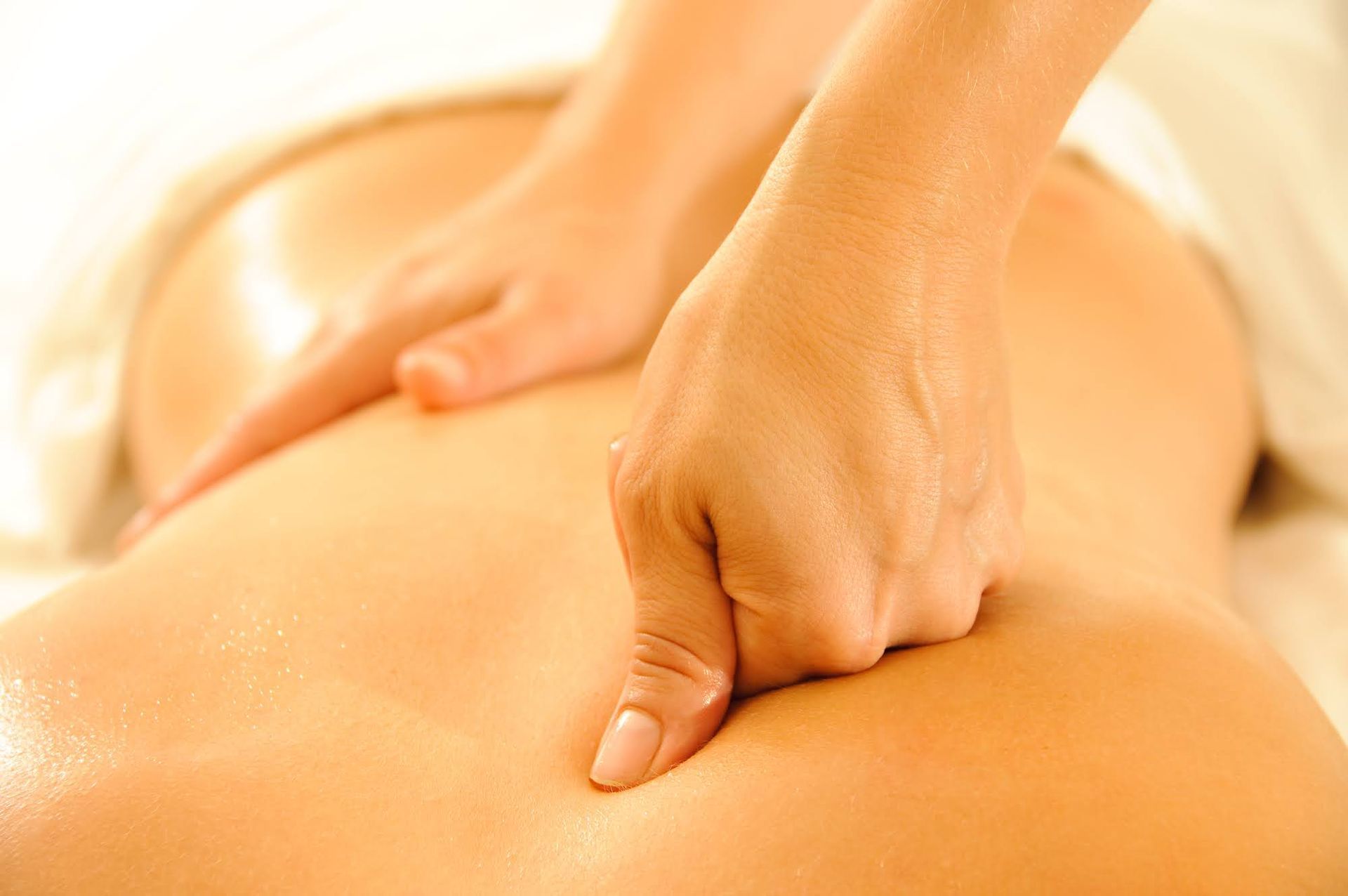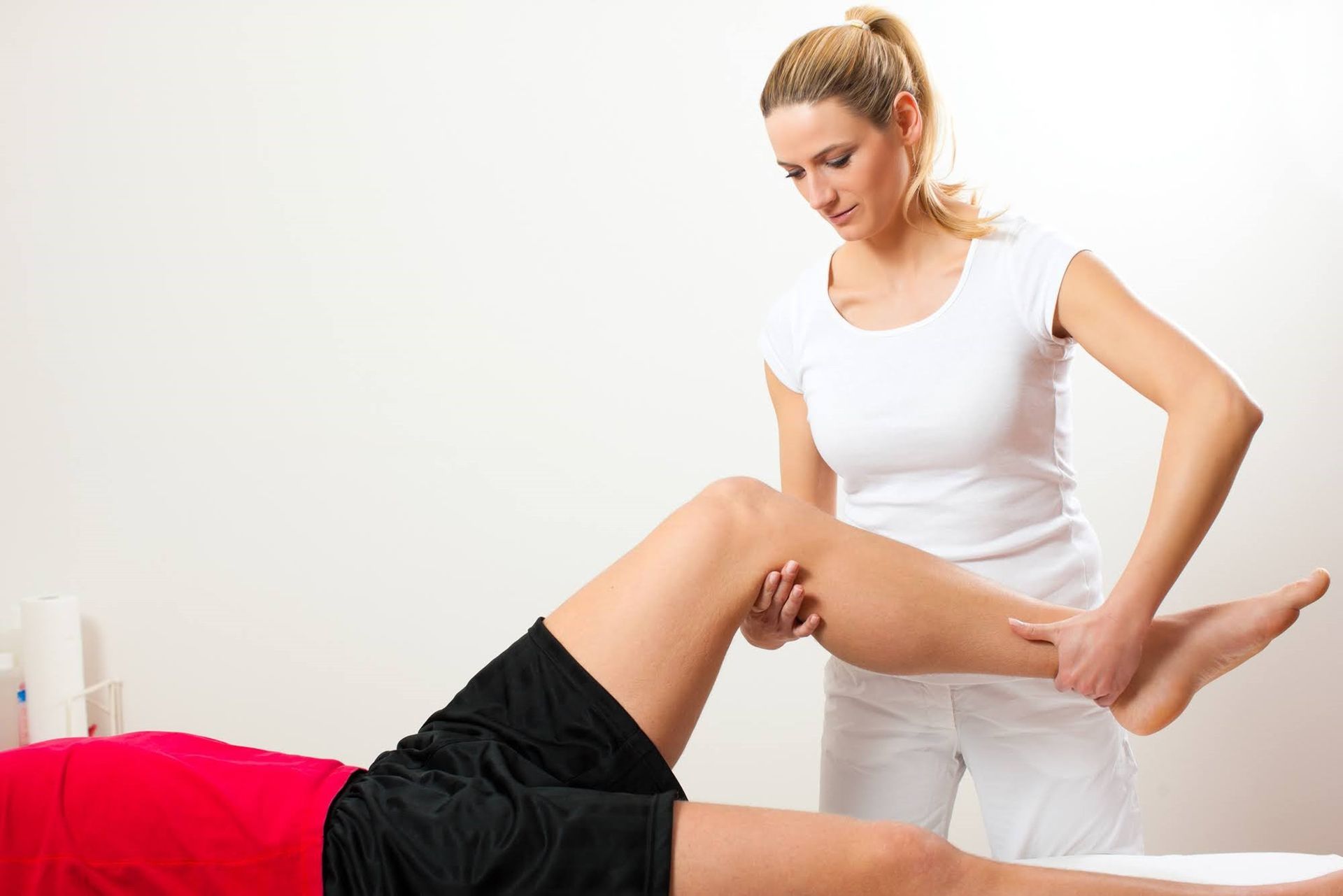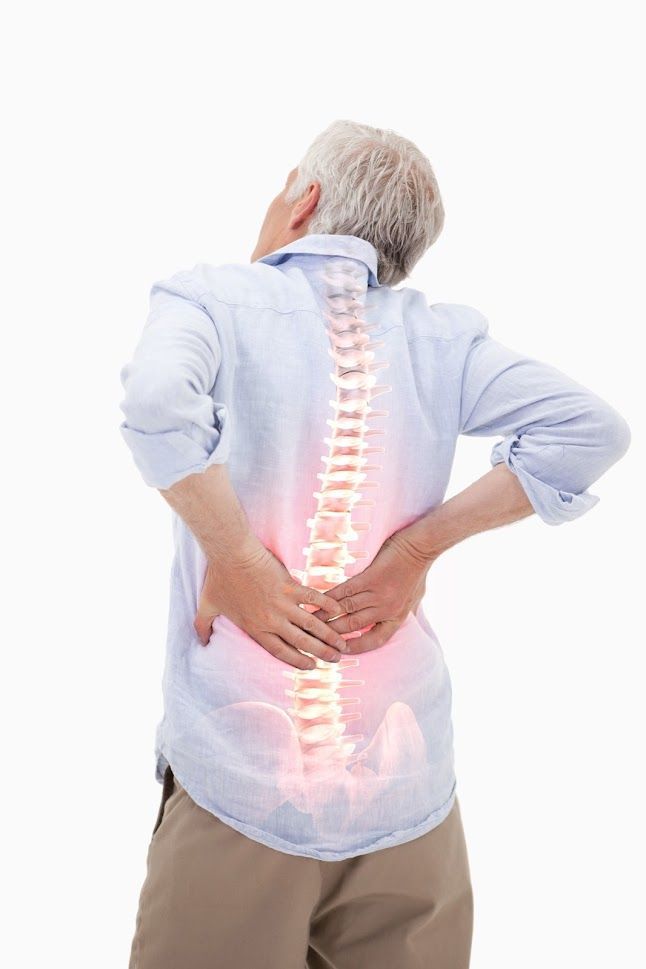3 Key Points About Physical Therapy and Pregnancy

If you plan to become pregnant or have already achieved this goal, you'll probably want to maintain optimal health and wellness through the pregnancy. You may also seek safe, healthy strategies to prime yourself for pregnancy, minimize prenatal discomfort, and speed recovery. Physical therapy can help with all of these issues.
The more you understand about physical therapy's prenatal and postnatal benefits, you can more easily and effectively choose a therapist and a program that best suits your particular challenges and concerns. Check out these three key points about physical therapy and pregnancy.
1. Physical Therapy Can Help Prepare Your Body for Pregnancy
Your body can enjoy the benefits of physical therapy long before you actually become pregnant. The right exercise strategy can help to prepare your body for nine months of profound changes, some of which may cause significant aches and pains in a body unready to cope with them.
Strengthening exercise can greatly reduce your prenatal musculoskeletal difficulties. For example, Kegel exercises to strengthen the muscles of the pelvic floor can minimize common problems such as pelvic discomfort and urine leakage prompted by coughing or sneezing.
Kegel exercises involve the same set of muscles that you use when you stop your urine flow in midstream, although you shouldn't actually perform them with a full bladder. Get your obstetrician's approval before you embark on such exercises, and make sure that you've received instruction on how to perform them correctly.
Physical therapy exercises that strengthen your core muscles can ready your body for pregnancy by preventing separation of the abdominal muscles, a problem known as diastasis recti. Breathing and relaxation exercises can reduce discomfort while also helping your pelvic and lower abdominal muscles remain stable.
2. Physical Therapy During Pregnancy Can Enhance Comfort and Wellness
Health challenges such as excessive weight gain, gestational diabetes, and musculoskeletal aches and pains often develop during pregnancy. However, some of these issues may actually stem from nine months of physical inactivity. Physical therapy exercises can help you control these problems.
Low back pain provides a case in point. This common prenatal symptom occurs due to changes in posture encouraged by pregnancy. Research indicates that a combination of postural education, back exercises, and bracing can reduce acute low back pain and muscle spasms in pregnant women.
Skilled, experienced physical therapists know how to recommend and supervise exercises that pose minimal risks for expectant mothers. In some cases, you may perform these exercises while lying on your side or with the extra buoyancy and weight support that aquatic therapy provides.
Even when safely and carefully administered, physical therapy may not suit all pregnant women. If you have heart problems, restrictive lung disease, anemia, bleeding issues, a history of premature labor, or certain other health concerns, your physical therapist may advise you to avoid vigorous prenatal exercises.
3. Physical Therapy Can Help You Recover From Pregnancy
Both pregnancy and childbirth can leave your body in dire need of rehabilitation. Physical therapy can play a central role in helping you recover your strength, stamina, and bodily contours. Pelvic floor exercises, in particular, can help you recover from muscle damage that may have left you incontinent.
If you have developed diastasis recti despite your best effort to protect your abdominal muscles during pregnancy, exercises that strengthen your deep core muscles can help. However, certain other exercises, notably crunches, may do more harm than good. Your physical therapist can help you work through this issue.
Advanced Physical Therapy can answer all your questions about how you can use this form of care to make your pregnancy proceed more easily and comfortably. Contact us today to schedule an appointment with our physical therapy team.

